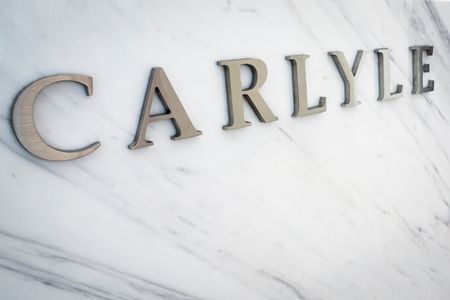(Reuters) – Ghana’s balance-of-payments deficit widened to nearly $2.5 billion in June from $935 million in the first quarter, data from the central bank showed on Friday.
It also showed foreign reserves fell to below $3.6 billion from $5.1 billion in the same period.
The figures underscore the parlous state of Ghana’s economy, which has pushed the government to turn to the International Monetary Fund (IMF) for help stabilising its finances.
The West African nation has seen runaway inflation hit 29.8% in June, its debt-to-GDP ratio at 78.3%, while its cedi currency has lost nearly a quarter of its value this year.
The crisis has led to protests in the capital Accra and a bitter standoff with public sector workers over pay. Earlier this month, Ghana’s government averted a planned strike by public sector workers, reaching an agreement with the country’s main labour unions to increase the cost of living allowance by 15%.
An IMF team visited Ghana earlier this month, but has not yet agreed a support package with the government.
Ghanaian lawmakers on Wednesday approved a $750 million loan from African Export Import Bank (Afreximbank) and continued negotiations over another loan worth $250 million, as the country seeks to overcome its balance-of-payments deficit.
(Reporting by Cooper Inveen; Writing by Alessandra Prentice; Editing by Aurora Ellis)









